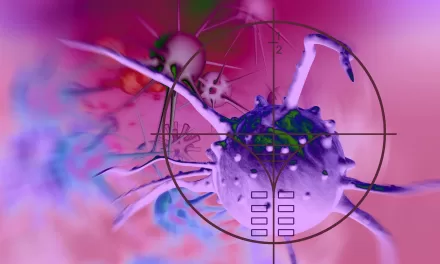Cutting-edge artificial intelligence (AI) technology could revolutionize stroke diagnosis by helping neurologists pinpoint the exact location of brain lesions, according to a new study published in Neurology® Clinical Practice.
The research, led by Dr. Jung-Hyun Lee from State University of New York (SUNY) Downstate Health Sciences University, examined the efficacy of the generative pre-trained transformer 4 (GPT-4) model in processing text from health histories and neurologic examinations to identify brain lesions caused by stroke.
A stroke can result in severe disability or death, making it crucial to determine the location of brain damage to predict long-term effects and guide treatment decisions. Typically, brain scans are used to locate lesions, but not all stroke patients have access to such resources or specialists.
Dr. Lee and colleagues sought to evaluate whether GPT-4 could accurately locate brain lesions based solely on health history and neurologic exam data. They analyzed 46 published stroke cases, feeding raw text from health records and exams into the AI model and asking it to answer key questions about lesion location.
The results were promising. GPT-4 successfully identified the side of the brain affected by lesions in most cases, along with the specific brain region, although it struggled with lesions in the cerebellum and spinal cord.
The AI model demonstrated a sensitivity of 74% and a specificity of 87% in determining the side of the brain affected, and a sensitivity of 85% and a specificity of 94% in identifying the brain region involved. Overall, GPT-4 showed consistency in its responses across multiple questions for the majority of participants.
While the accuracy of GPT-4’s responses varied depending on the question and participant, the study highlights its potential to assist in lesion localization after stroke. Dr. Lee emphasized that while the technology is not yet ready for clinical use, it holds promise in reducing healthcare disparities by functioning across different languages and improving access to neurologic care, particularly in underserved areas.
Despite the promising results, the study acknowledges limitations, including the reliance on detailed health information not always available for stroke patients.
As AI continues to advance, it could become an invaluable tool for neurologists in diagnosing and treating stroke, ultimately enhancing patient outcomes and addressing critical healthcare needs worldwide.











